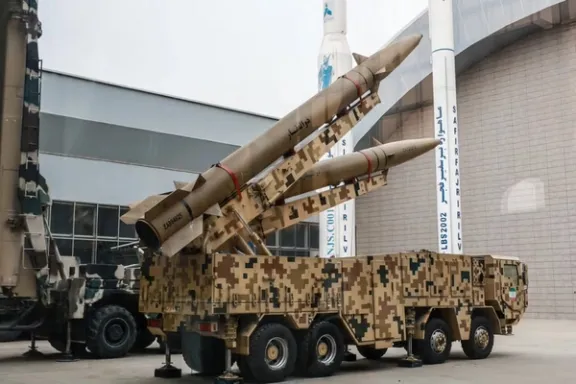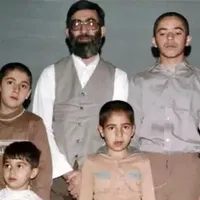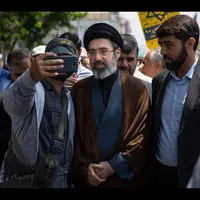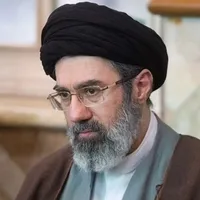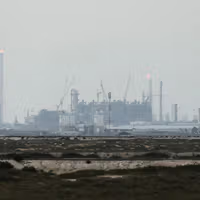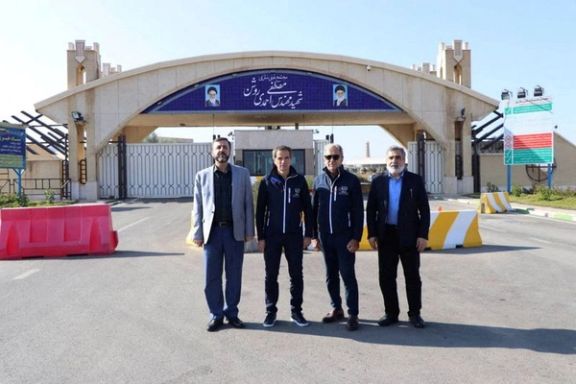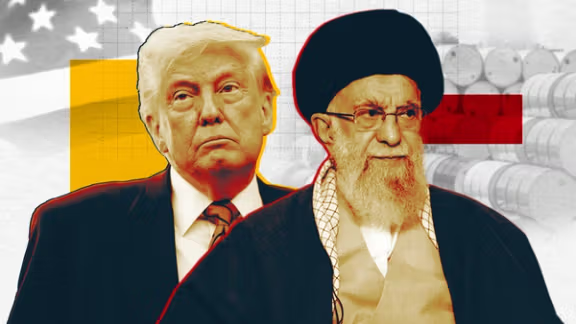Iran will not bow to what it calls arbitrary political pressure over its nuclear activities, the country’s nuclear chief said on Sunday, as Western powers prepare to push for a resolution against Tehran at the upcoming quarterly meeting of the International Atomic Energy Agency (IAEA) Board of Governors.
Mohammad Eslami, the head of the Atomic Energy Organization of Iran (AEOI), defended the country's uranium enrichment activities in an interview with Qatar's Al-Araby TV, asserting that nuclear development is Iran’s sovereign right and a pillar of national progress.
“We won’t jeopardize the health and lives of our people or halt our scientific advancements just to yield to unreasonable political demands,” Eslami said. “One million people in Iran benefit annually from our radiopharmaceuticals. Why should we risk that?”
Eslami’s comments come as the United States and three European powers — France, Germany, and the United Kingdom — consider introducing a resolution at the IAEA board meeting in Vienna, criticizing Iran for its lack of cooperation with the agency and alleged violations of the Non-Proliferation Treaty (NPT).
The Iranian official accused the IAEA of losing credibility under what he described as the unilateral influence of the United States.
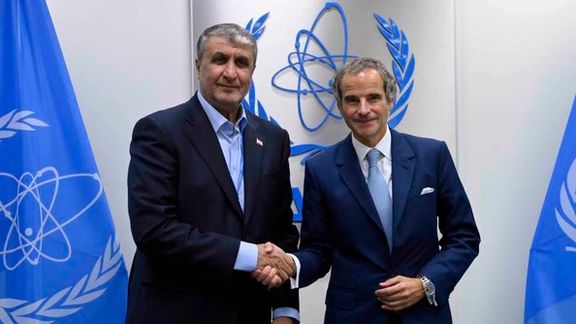
“Unfortunately, the agency has become a tool for American dictates rather than an impartial institution upholding international law,” Eslami said. “Countries cannot selectively dictate what others can or cannot do while expanding their own nuclear infrastructure.”
He emphasized that Iran is a committed signatory to the NPT and operates its nuclear program under the framework of its safeguards agreements. “We have no undeclared activities,” he added.
Responding to calls from Washington to halt uranium enrichment, Eslami dismissed such demands as both scientifically flawed and politically motivated.
“Enrichment is the starting point of any nuclear industry,” he said. “Without fuel, you cannot operate research reactors, produce electricity, or provide nuclear medicine. Iran is under sanctions, with no cooperation or support — even from the IAEA except in safety matters. So we had no choice but to develop the technology independently.”
